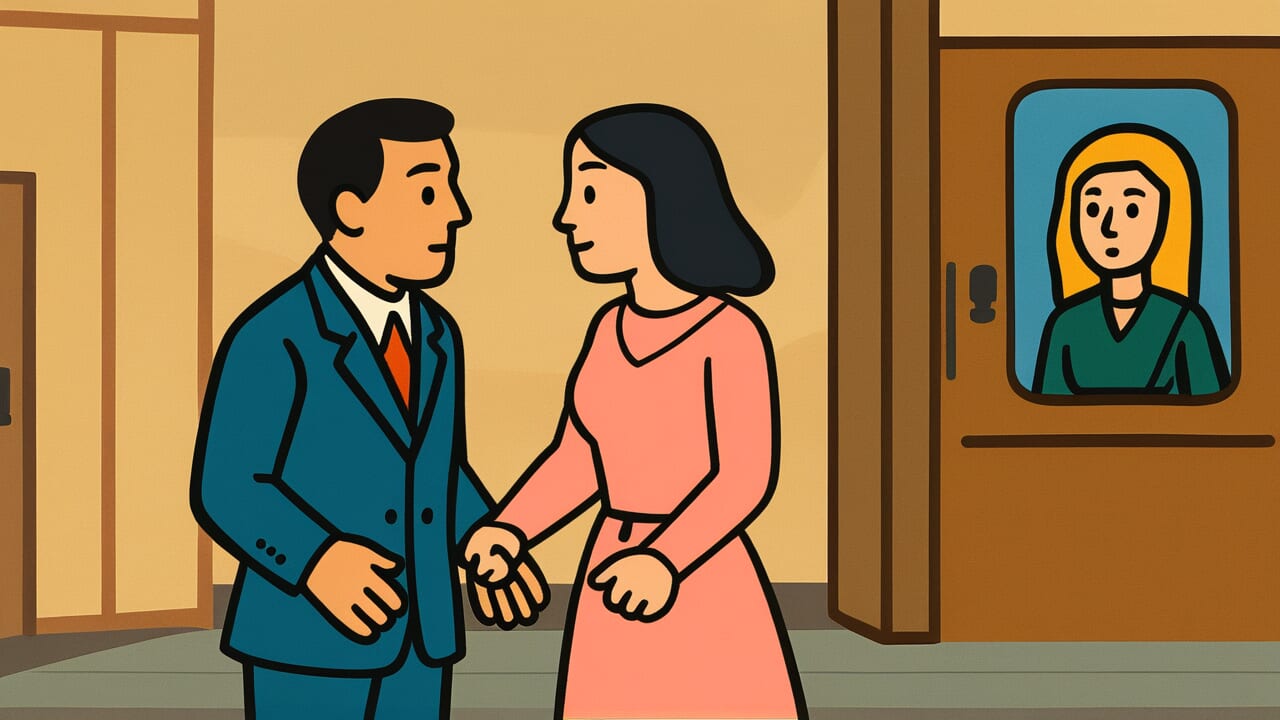How to Read “None but the brave deserve the fair”
None but the brave deserve the fair
[nun but thuh BRAYV dih-ZURV thuh FAIR]
All words use standard pronunciation. “Deserve” rhymes with “reserve.”
Meaning of “None but the brave deserve the fair”
Simply put, this proverb means that only those who show courage earn the best rewards in life.
The saying uses old-fashioned language where “the brave” means courageous people. “The fair” doesn’t just mean beautiful people. It refers to all good things worth having. The proverb suggests that courage is the price we pay for life’s best rewards.
Today we use this idea when talking about taking risks for better outcomes. Someone might quote it before asking for a promotion at work. Others use it when encouraging friends to pursue difficult goals. It reminds us that playing it safe often means missing out on great opportunities.
What’s interesting about this wisdom is how it connects bravery to deserving rewards. Many people think good things should come easily. This proverb argues the opposite. It suggests that courage itself makes someone worthy of success. The act of being brave changes who you are as a person.
Origin and Etymology
The exact origin of this phrase is unknown, though it appears in various forms throughout English literature. The earliest documented versions date back to several centuries ago. Writers and poets have used similar expressions to connect courage with earning rewards.
This type of saying became popular during times when physical bravery was highly valued in society. In earlier eras, courage in battle or dangerous situations directly affected survival. Communities needed brave individuals to protect and provide for everyone else. Sayings like this reinforced the importance of courage.
The phrase spread through literature, speeches, and everyday conversation over generations. Different versions appeared with slight changes in wording. Some used “none but the brave” while others said “only the brave.” The core message remained the same. Eventually, this particular version became the most recognized form of the saying.
Interesting Facts
The word “brave” comes from the Italian word “bravo,” which originally meant “wild” or “savage.” Over time, it evolved to mean courageous and bold. The connection between wildness and courage shows how bravery was once seen as untamed strength.
The phrase “the fair” uses an old English pattern where “the” plus an adjective refers to a group of people. We still see this in phrases like “the rich” or “the poor.” In this proverb, “the fair” means all beautiful or desirable things, not just attractive people.
Usage Examples
- Coach to player: “You want the starting position but won’t take risks in practice – None but the brave deserve the fair.”
- Parent to teenager: “You complain about being single but won’t ask anyone out – None but the brave deserve the fair.”
Universal Wisdom
This proverb reveals a fundamental truth about how humans value courage and distribute rewards. Throughout history, societies have consistently honored brave individuals with the best opportunities, partnerships, and recognition. This pattern exists because courage signals something essential about a person’s character and potential contribution to the group.
From an evolutionary perspective, brave individuals were more likely to secure resources, protect their communities, and take the risks necessary for survival and progress. Those who demonstrated courage proved they could handle challenges and uncertainty. This made them valuable partners, leaders, and allies. Over generations, this created a natural connection between bravery and receiving life’s best rewards.
The proverb also reflects a deeper psychological truth about human attraction and respect. We naturally gravitate toward people who face their fears and take meaningful action. Courage demonstrates qualities like determination, strength, and reliability that make someone trustworthy in important situations. This explains why brave actions often lead to admiration, love, and opportunities that timid behavior rarely attracts. The saying captures this timeless pattern of human behavior and social dynamics.
When AI Hears This
Society creates elaborate shows where people must prove their worth publicly. We don’t reward actual bravery as much as visible displays of courage. The performance becomes more important than the real quality underneath. People learn to optimize for dramatic gestures rather than quiet effectiveness.
This system persists because humans need sorting mechanisms for limited resources. We can’t easily measure true character or future potential in others. So we create public tests that feel fair and objective. The theatrical nature makes everyone feel the system has integrity.
What fascinates me is how this creates genuine value through artificial scarcity. By making rewards harder to get, we actually increase their worth. The performance requirement forces people to develop real skills and confidence. Sometimes the theater becomes the very thing it was meant to represent.
Lessons for Today
Living with this wisdom means understanding that courage often determines the quality of our opportunities and relationships. This doesn’t mean being reckless or seeking danger for its own sake. Instead, it means recognizing when fear holds us back from pursuing what we truly want. The proverb suggests that many of life’s best rewards require us to move beyond our comfort zones.
In relationships and social situations, this wisdom shows up in how we respond to others who demonstrate genuine courage. People who speak up for their beliefs, take creative risks, or face difficult challenges often earn our respect and attention. Meanwhile, those who consistently avoid risk or hide from challenges may find themselves overlooked when opportunities arise. This isn’t always fair, but it reflects how humans naturally respond to displays of courage versus timidity.
The challenge lies in developing the kind of courage that leads to meaningful rewards rather than empty bravado. True bravery involves calculated risks taken for worthwhile goals, not random acts of daring. It means being willing to fail in pursuit of something valuable rather than guaranteeing mediocrity through inaction. Understanding this distinction helps us channel courage in ways that genuinely improve our lives and relationships, making us worthy of the good things we seek.



Comments